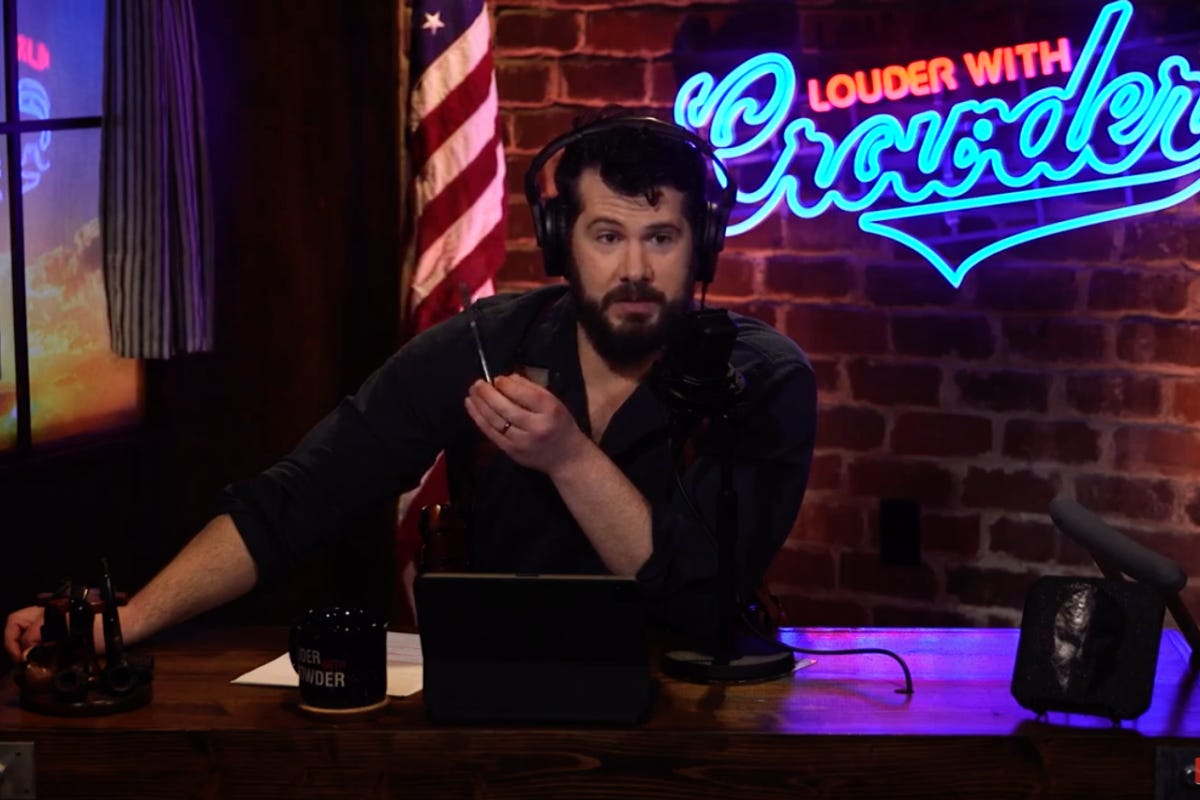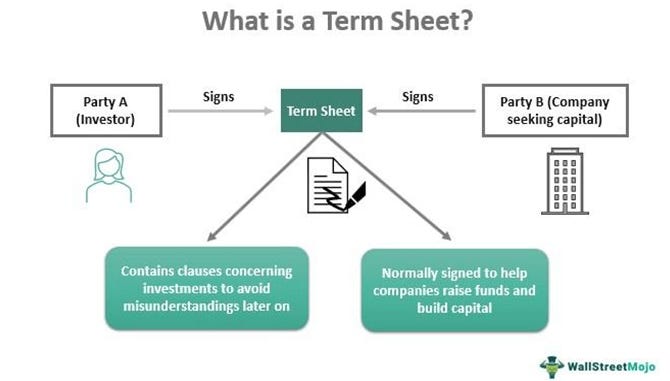Steven Crowder's Actions May Hurt Independent Content Creators (And Here's Why)
I wasn’t going to comment about what’s going on with Steven Crowder and the Daily Wire because it has nothing to do with film; however, after thinking about it and listening to Tim Pool’s Monday podcast, there are some things I’d like to get off my chest. It’s not so much about the situation, although I’ll give a few thoughts about that, but there’s another larger scenario possibly at play here.
If anyone needs more information, here are just a few relevant links, plus a few more for added perspective. Yeah, it’s a lot, but I’m trying to keep this as balanced as possible, even if I don’t agree with what’s said:
Steven Crowder: It’s time to stop (1/17/2023)
Daily Wire: Our Offer To Steven Crowder (1/18/2023)
Steven Crowder: I didn’t want to do this… (1/19/2023)
The Officer Tatum: Steven Crowder vs. Daily Wire (1/20/2023)
Mikhaila Peterson: Jordan Peterson’s DW Contract, Comments On Crowder and Overall Experience (1/20/2023)
Shadiversity: I’m sorry, but Ben Shapiro is WRONG (1/21/2023)
DDayCobra: Steven Crowder On TimCast IRL Was INSANE (1/23/2023)
Before I go any further, I’d like to address something that’s confusing a lot of people, including journalists, and that’s the difference between a term sheet and a contract. Crowder was given a term sheet. No, some of the terms weren’t great from his point of view, but no one was pointing a gun at his head and demanding he agree to them.
A term sheet is not a contract or anything resembling a contract. While it contains possible terms and expectations for being under contract to a company it is not binding. It is meant to start a conversation pursuant to a contract and is most commonly used by startups. It can be changed. The contract itself does not exist until the terms of the contract are agreed upon and maybe not then. Sometimes the term sheet is all that exists. That’s how it works.
Here’s how WallStreetMojo lays out the initial process:
In my opinion, for Crowder to pretend that the Daily Wire committed an egregious sin for doing what every business does is disingenuous and wrong. There was nothing stopping him from walking away from a failed deal quietly. There was nothing stopping him from trying to generate revenue through a sub service, Patreon, merch, and so on, like any other independent creator. There was nothing stopping him from being forthright with his audience about his intention to be independent.
Instead, he makes unreasonable demands of people who were supposed to be his friends and then tapes a private conversation which he plays snippets of on his latest YouTube video. And how does he justify it? By saying that DW tried to poach one of his employees. Poaching might be a little sneaky, but it isn’t illegal. Offering someone a job is NOT a personal attack against their employer.
From any angle, that’s some slimy stuff right there. Crowder knows better, or at least he should know better, than to step on people to elevate himself, and from where I sit that’s what he appears to be doing because suddenly everyone is talking about him. It’s like Will Smith slapping Chris Rock all over again—no one cared about the 94th Academy Awards until Will’s hand met Chris’s cheek.
I have to wonder if Crowder has stopped to consider the long game and how his actions will affect other independent content creators going forward. This is not a political thing. What I’m talking about goes for any independent content creator.
It’s very tempting for a creator to have their work recognized and earn a steady income from it, because otherwise we’re working for free, at least initially, possibly for years. It’s the dream to be recognized, really, because it doesn’t often happen. Julie Powell was the exception rather than the rule. Pewdiepie is the exception rather than the rule. And it’s hard to predict who will get noticed and why.
There are cons to it, sure, although it’s not the same for everyone. A creator may or may not own certain content created while working for a company. Some, like Safiya Nygaard and her former Buzzfeed co-workers, were very tightly controlled as to what they could say and do. Nygaard says in her “Why I Left Buzzfeed” video that among other restrictions she wasn’t allowed to answer YouTube comments or be credited for shows she produced for Buzzfeed.
Independence has its own drawbacks, of course. While there is complete creative freedom, independents have to work their tails off because they’re their own editors, bird dogs, accountants, PR reps, social media specialists and talents. There are a lot of hats to wear. On the other hand, speaking for myself as an independent writer and blogger, it can also be rewarding because it’s fun and I meet people from all over the world. I think it’s awesome and I’m enjoying every minute of it.
The problem I see with what Crowder is doing is that it may end up hurting content creators in the long run. He claims to be fighting for the little guy but dodges questions about his unethical tactics. He makes himself out to be the victim and therefore the good guy. He points fingers at his contemporaries and dramatically questions their bona fides because they choose to work within a system to get clout and capital. His yardstick is his desire to buck the system.
While it’s fine to want alternatives to the current system, the current system is what provides the means to make the change. One can’t exist without the other, especially when the new has not yet reached viability, and it can’t be forced. This has been true throughout history. It doesn’t mean those working within the traditional channels are evil or untrustworthy; if they’re not meant to buck the system then that’s fine.
Not only that, but Crowder’s actions might give rise to what I call the “Crispin Glover Effect,” in which a creator may act inappropriately to get ahead or make demands that they’re not entitled to without understanding typical business practices or respecting financial and structural limitations. If enough creators go down this road, what’s to stop companies from seeing all independent creators as damaged goods and avoiding them? That’s not cool.
It’s not outside the realm of possibility, either, because journalism is in a tough spot. Plenty of digital media companies are imploding because money was spent incorrectly and ad revenue disappeared, so caution is the order of the day. Boreing and Shapiro are right to protect their investments, which is why Crowder’s term sheet is nowhere near as terrible as he’s been making it out to be. In fact, considering the Daily Wire’s current size and goals, their original offer to Crowder is downright indulgent.
What’s more, Crowder is missing a huge opportunity, because in addition to his regular content he could be helping develop new talent. He’s certainly got the experience, but would he be willing to take that step? It’s hard to say, although Crowder claims he wants to move into production later, but until he gets wise to himself about how change works, Crowder and his ideas aren’t going anywhere.
It remains to be seen how this feud will affect content creators and how much bad blood exists. It didn’t have to be this way, but we are where we are.





